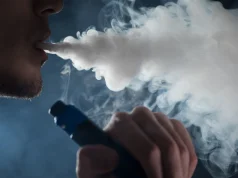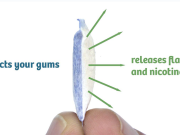Etter said that it is difficult to study the gateway effects since many smokers and vapers are dual users, hence smoke and vape simultaneously. Additionally, “it may be difficult to prove that vaping precedes smoking when product use co-occurs and when, in fact, smoking usually precedes vaping.” said the researcher.
The study pointed out that the fact that current data is showing that smoking is on the decrease, and that smoking is on the rise where vaping restrictions are in place, indicates that the Gateway Theory is unsound. “The gateway theory is not compatible with either (1) the decrease in smoking prevalence observed in adolescents in countries where vaping increased or (2) an increase in smoking among teenagers after age restrictions were imposed on e-cigarette purchases.” Etter added that ultimately nicotine medication and smokeless tobacco are known to not produce any gateway effects.
Basing regulations on an unsound theory
The researcher pointed out that despite the fact that the ‘Gateway Theory’ is weak and lacks evidence, it has been widely used to inform policies. Etter concluded that basing regulations on this unsound theory will have the opposite effect than the one desired, and could be detrimental to public health.












